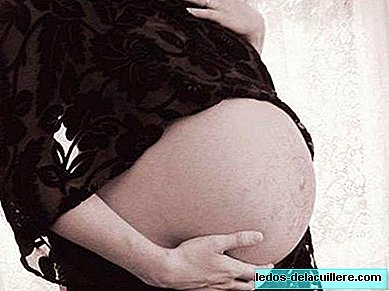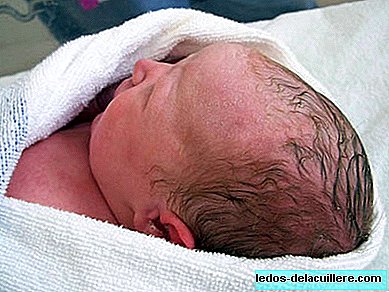
Women who suffer from obesity have more difficulty getting pregnant or getting pregnant. A team of scientists has identified the cause of the problems that hinder the pregnancy of women with obesity. According to the investigation, the toxic action of fatty acids on the ovule is the trigger for a lower viability of the embryo.
A group of scientists from the cities of Hull, in Great Britain, Antwerp, in Belgium, and Madrid, claim to have found the concrete cause of this fact, in their experiments with cows.
The researchers studied the evolution of cow ovules and the impact that these had on the action of fatty acids, common in overweight women or type 2 diabetes. When the researchers followed the progress of the ovules, they found that these presented alterations that diminished the viability of future embryos.
Reaching the embryos the state called blastocyst (about four or five days after fertilization and before implantation to the endometrium), those exposed to excess fatty acids had markedly deteriorated conditions and less expectations of developing without problems or arrive at childbirth.
This excess fat in the mother, according to the authors of the research that has been published in the journal "PLoS One", accelerates the metabolism of amino acids and increases the consumption of oxygen, glucose and lactate in the embryo.
That is, the conditions less conducive to development occur, since it is shown that a less active metabolism in the embryo favors the viability of pregnancy, so in the cases indicated, with increased activity, the possibilities are reduced.
This study seems to demonstrate the negative action of excess fatty acids in the embryo, although it remains to study how they affect the rest of the pregnancy process until delivery. Meanwhile, remember that maintaining an adequate body weight is the best for everyone's health, also to achieve pregnancy.












